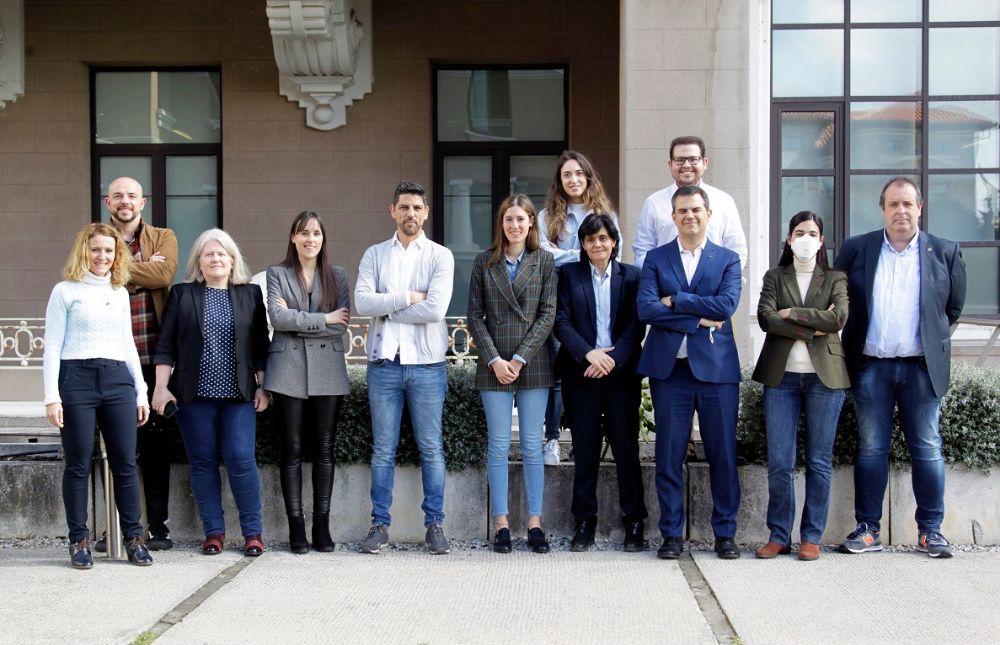The conclusions obtained in the research could help design policies to address the difficulties of this type of families.
A recent study published in the international Journal of Family and Economic Issues by the Health Economics Group of the Marqués de Valdecilla Health Research Institute (IDIVAL) explored economic circumstances, lifestyle factors (obesity, smoking and alcohol) and social support among single-parent families in Europe.
In 2019, Europe had 3.2% of single-parent families out of all households, a relatively high rate that has led researchers and policymakers to understand its economic and demographic situation. The study conducted by IDIVAL has analysed a total of 20 European countries through microdata from the European Health Interview Survey (EHIS).
The main findings indicate that both single mothers and fathers face more pressing economic challenges compared to their partnered counterparts, suggesting that lower levels of education, reduced income and poor economic conditions are common among single parents.
Also, single parents have poorer physical health compared to cohabiting couples. These results suggest that single parenthood can have a negative impact on general health, and that such special difficulties require further support, especially when we consider that three quarters of such households are headed by women.
On the other hand, social support relationships also differ between single and partnered individuals. In this case, they experience less supportive relationships compared to cohabiting couples.
Thus, this study provides valuable information for designing community-based interventions to mitigate the adverse effects of lone parenthood for both parents and their children. It is essential to address these inequalities and ensure adequate supports for lone parents.
Reference: Paloma Lanza-León & David Cantarero-Prieto. The Loud Silent Side of Single Parenthood in Europe: Health and Socio-Economic Circumstances from a Gender Perspective. Journal of Family and Economic Issues, 18 de abril de 2024.






















